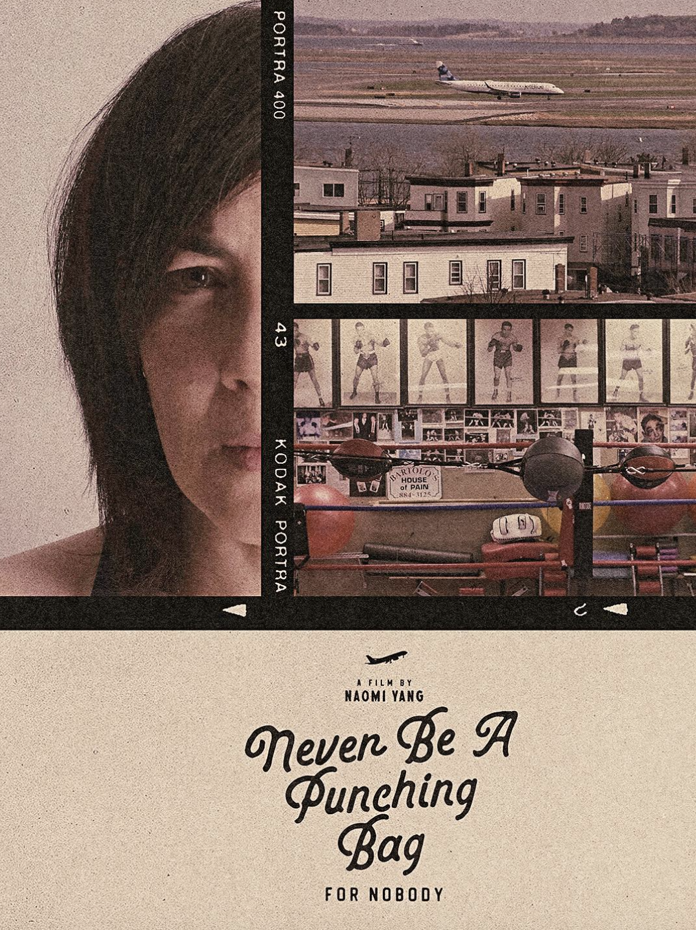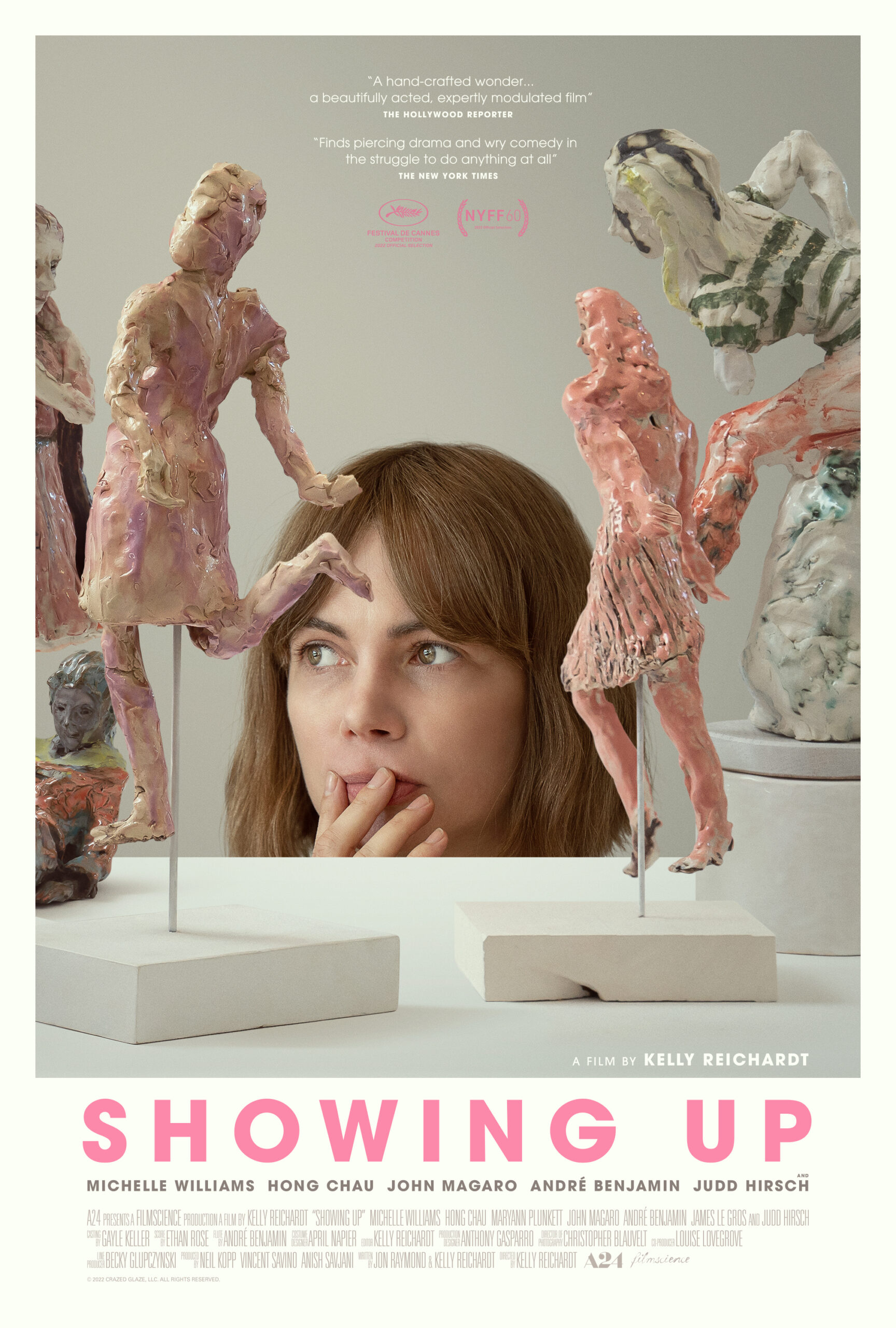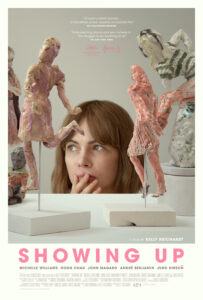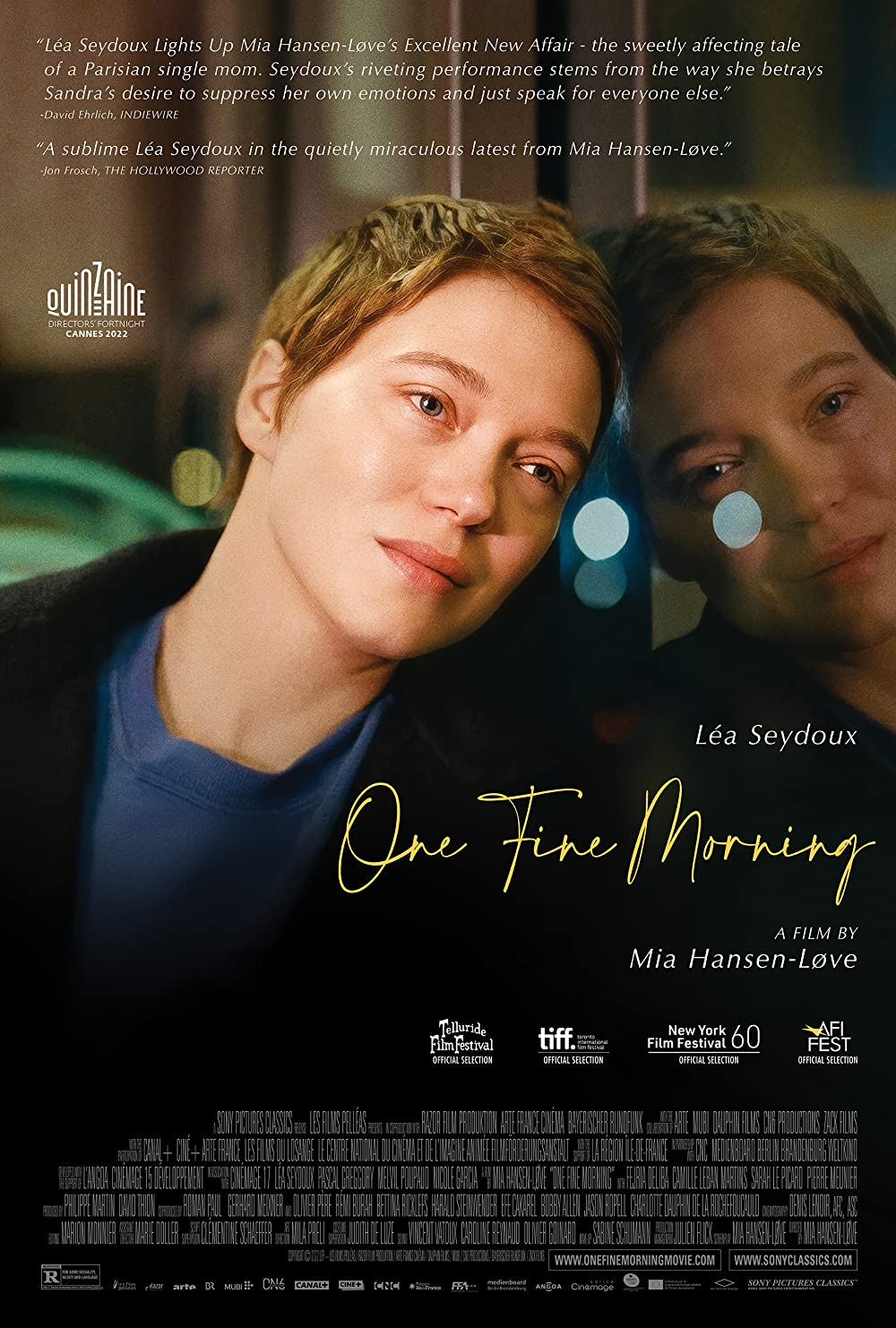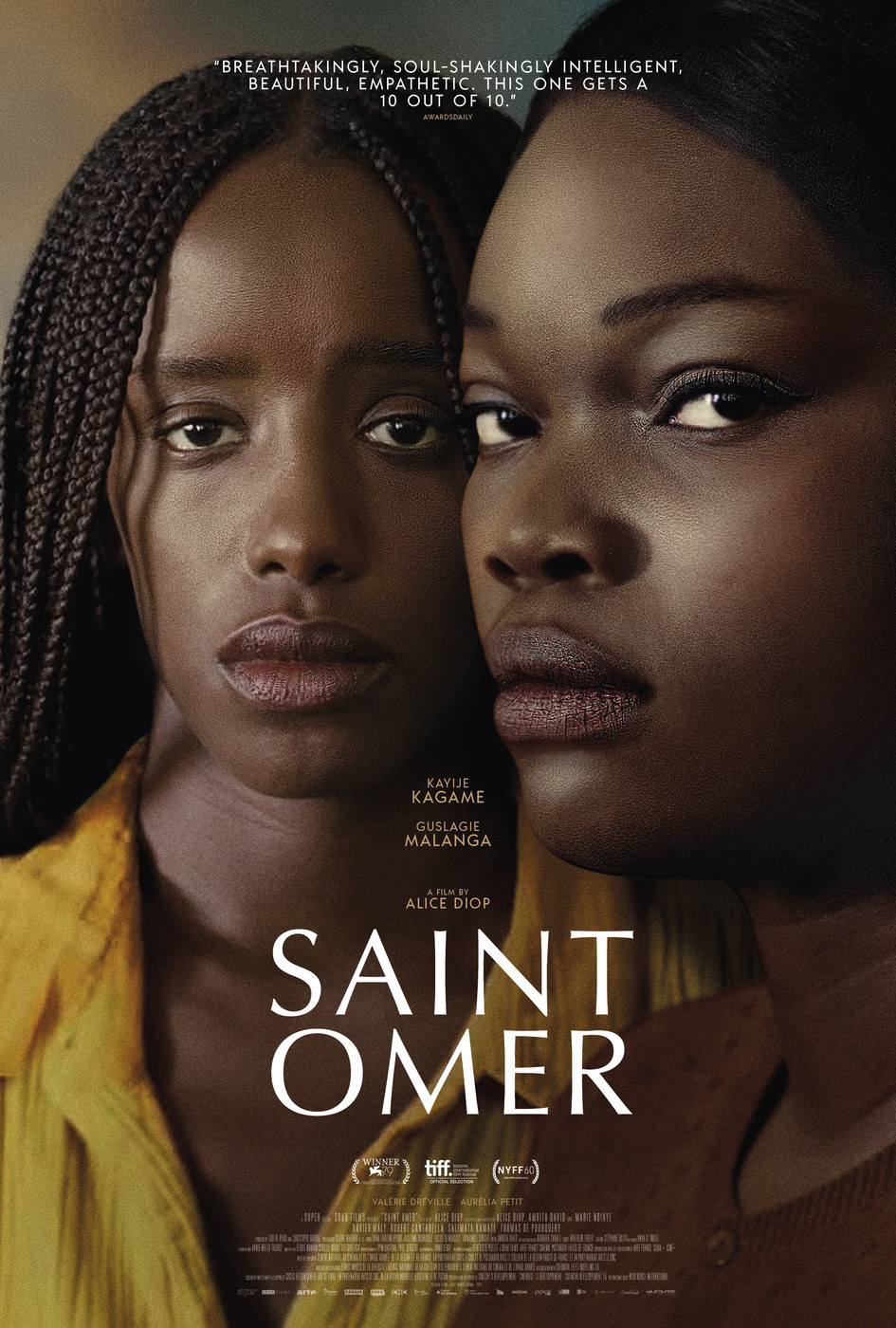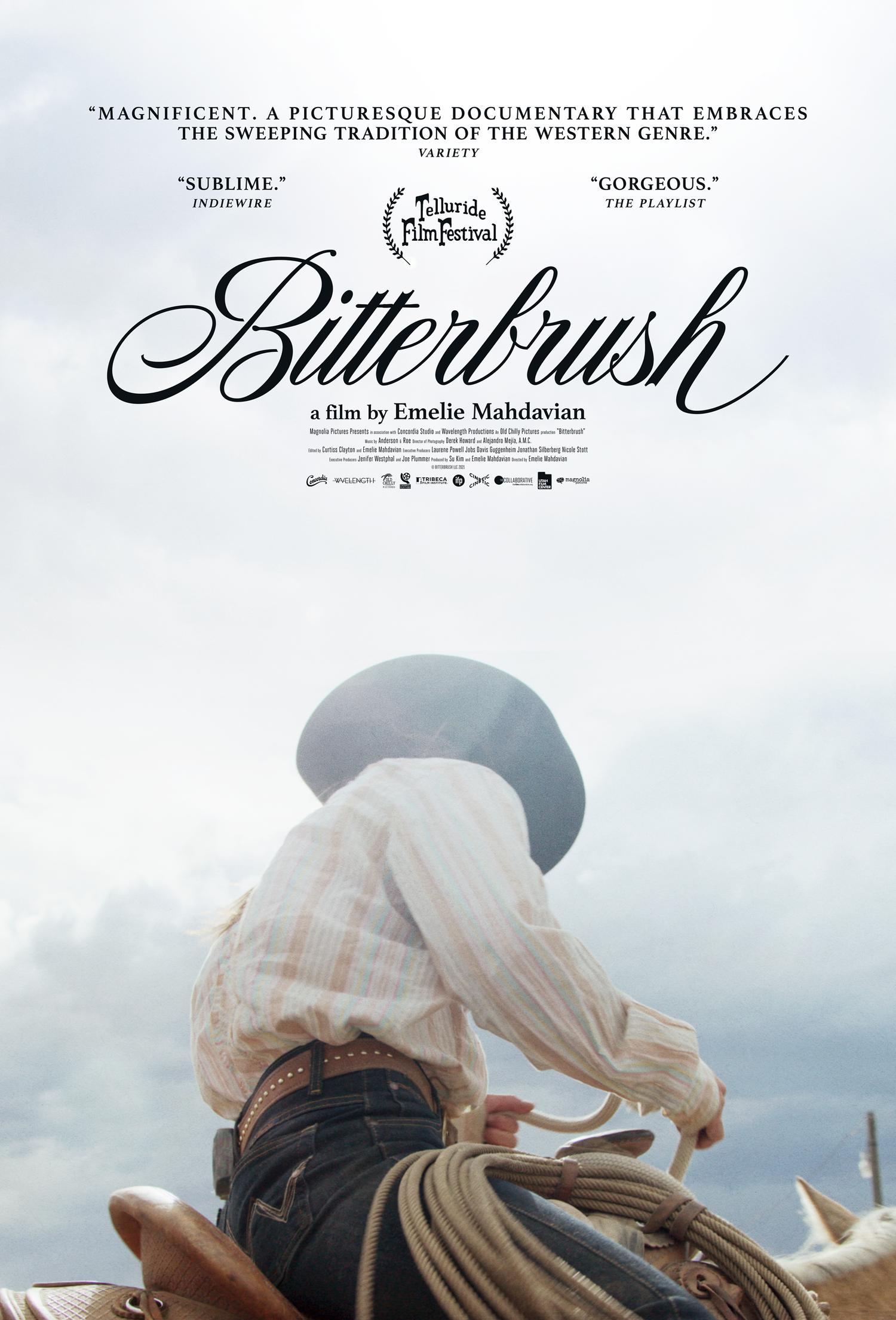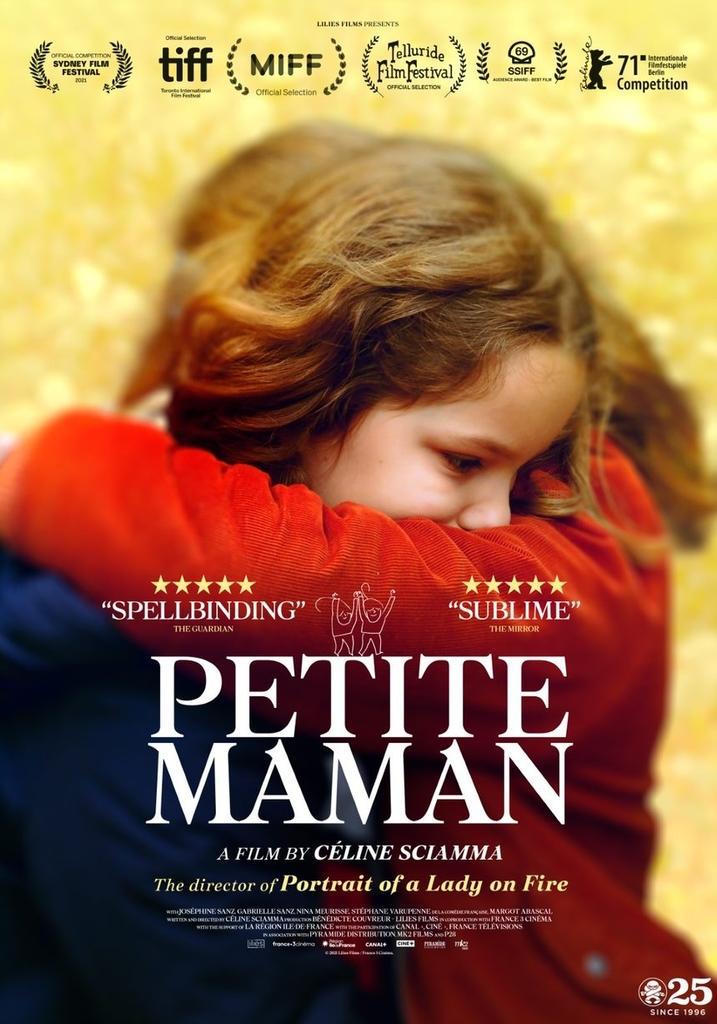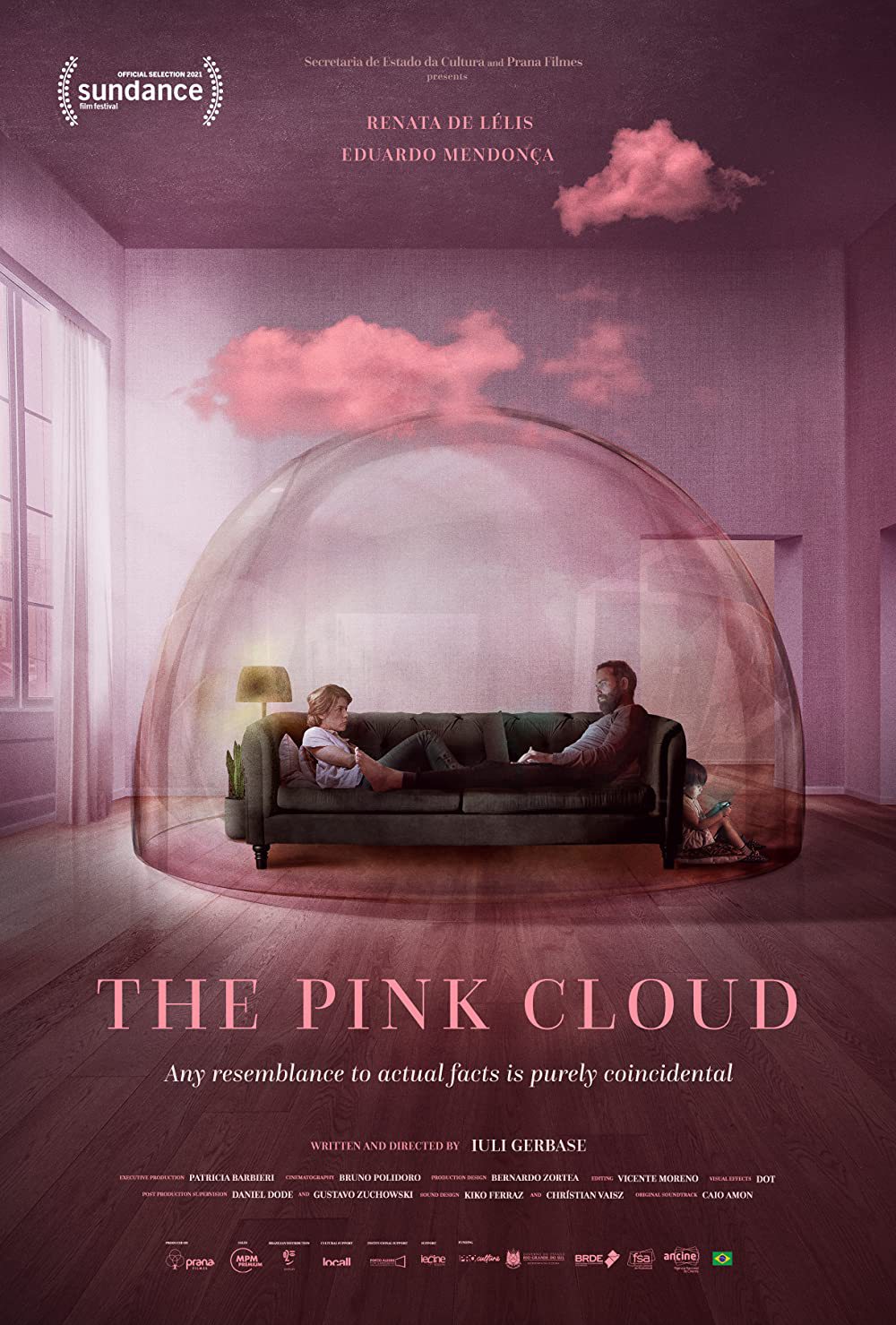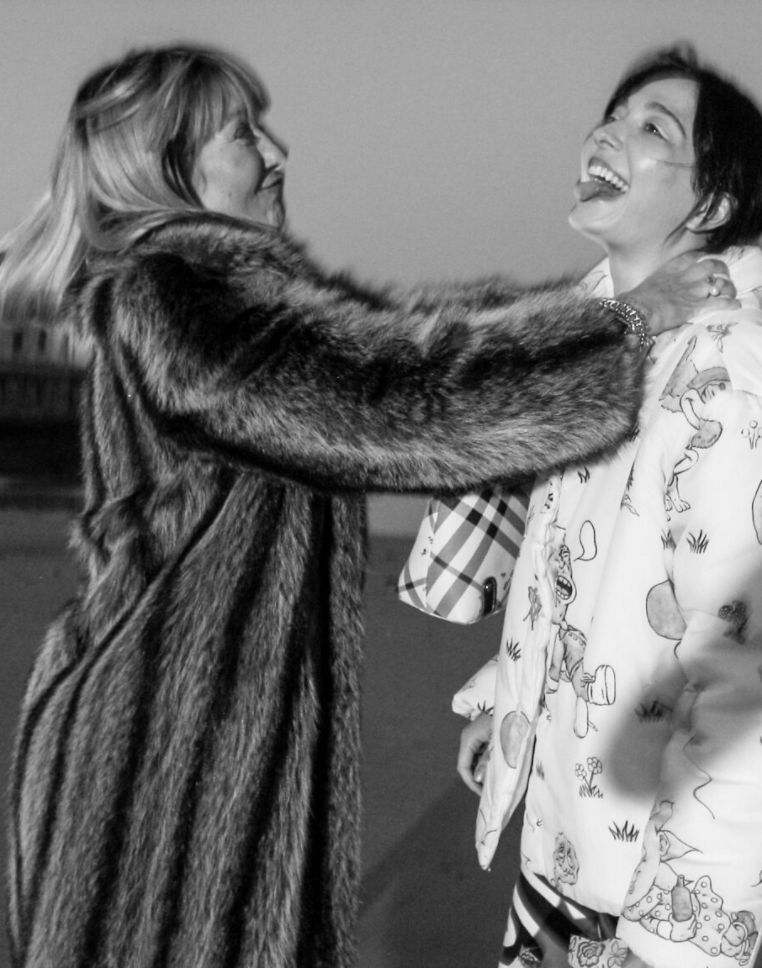Film by MIA HANSEN-LØVE
Review by HANNAH GERSEN

In middle age, many women find themselves members of the sandwich generation: those who are caregivers to both their elderly parents and young children. Such is the fate of Sandra Kienzler (Léa Seydoux), the heroine of Mia Hansen-Løve’s sneakily powerful drama. Set in Paris, Sandra’s story also unfolds in the busy landscape of midlife. She’s both a widowed mother to her school-aged daughter, Linn, and a dutiful daughter to her elderly father, Georg (Pascal Greggory), who is suffering from Benson’s Syndrome, a rare, neurodegenerative disease. In the film’s opening scenes, we see Sandra hurrying from work to visit with her father before picking her daughter up from school. It seems she’s figured out a way to balance everything, but it’s also clear that it can’t last. Georg can no longer open the door without coaching from Sandra or prepare food for himself without help. His disease affects his vision and his memory, and Sandra has to remind him that she works as a translator, and that his favorite author is Thomas Mann. A former philosophy professor, Georg lives alone in an apartment filled with books he can no longer read. He survives thanks to visits from his daughters, Sandra and Elodie, his ex-wife Françoise, and his long-term girlfriend, Leila.
Much of One Fine Morning is concerned with Georg’s decline, and the struggle to move him out of his apartment and to find affordable long-term care. This process is long, drawn-out, and extremely sad for everyone involved. But it’s not the only dramatic thing happening in Sandra’s life: she’s also falling in love with an old friend, Clément (Melvil Poupaud), a married father whose son goes to school with her daughter Linn. It’s Sandra’s first serious relationship since her husband’s death, and it’s immediately intense. The convergence of these two psychically seismic events is what give One Fine Morning its dramatic shape, but it’s the attention to Sandra’s daily activities which gives it a texture that feels remarkably true to life. Sandra may be in a difficult transitional period, with big emotions roiling underneath the surface, but she still needs to get on the bus and head to work; she still has to pick up her daughter from school; she still has to plan for vacations, celebrate holidays, and figure out what on earth to do with all of her father’s books.


